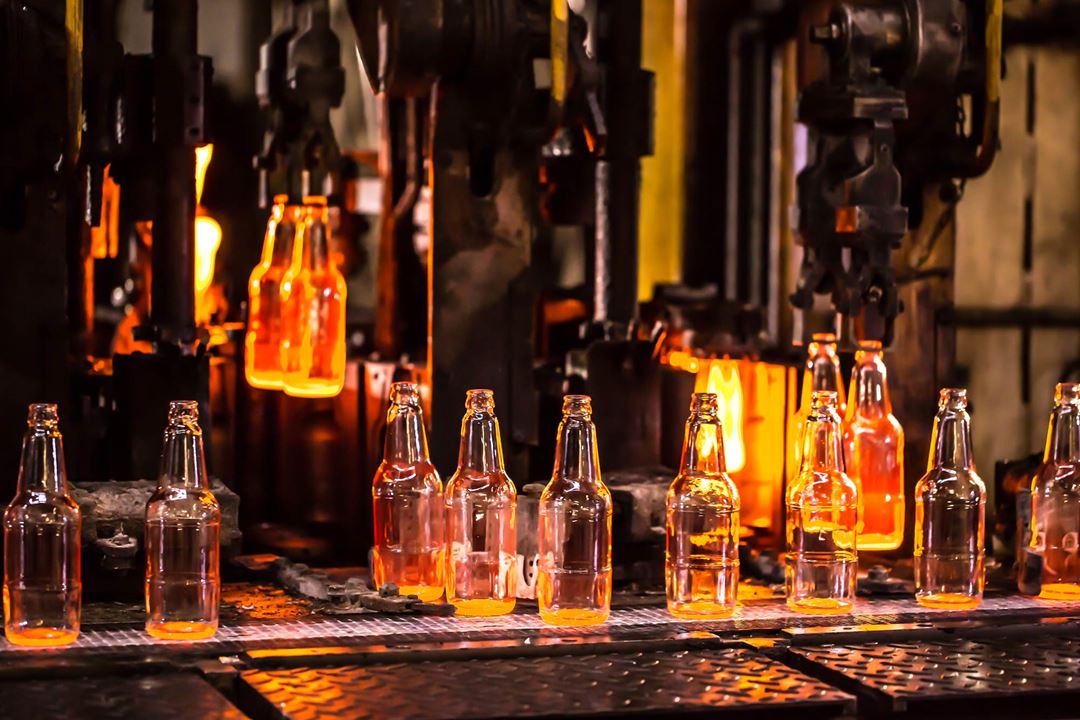Finding ways to recycle glass forever and ever
Glass and aluminium manufacturers are searching for ways to decarbonise production. Carbon emissions related to glass production mainly stem from the use of natural gas in combustion processes. The EU-funded project H2GLASS brings together 23 European partners to create a new technology stack that will decarbonise glass production by replacing natural gas with hydrogen.
Objective
Over the next 30 years, the glass industry will have to be completely decarbonised. The lifetime of a glass furnace is about 12-15 years. Therefore, this work must begin now, as the year 2050 is only 2 furnace cycles away.
H2GLASS aims to create the technology stack that glass manufacturers need to:
- (a) realise 100% H2 combustion in their production facilities,
- (b) ensure the required product quality, and
- (c) manage this safely.
- Read the blog about The Glass decarbonisation challenge
H2GLASS will address the challenges related to nitrogen oxide (NOx) emissions and high flame propagation speed, process efficiency, and H2 supply for on-site demonstrations. Digital twin techniques will be critical for risk-based predictive maintenance, optimised production control, and combustion system control. Hydrogen will be supplied by a portable electrolyser, co-funded by the industrial demonstrators, and the oxygen produced will be reused in the process.
The H2GLASS technologies and design solutions will be validated up to Technology Readiness Level 7 (TRL7) (system prototype demonstration in operational environment) on five industrial demonstrators from three segments (container glass, flat glass and glass fibre). Together, they represent 98% of the current glass production in the EU.
The expertise of partners such as Steklarna Hrastnik, PTML Pilkington, Owens Corning and Stara Glass, which represent the state of the art (SOTA) in the use of H2 in the glass process will be an asset for the H2GLASS Consortium.
A demonstrator for the aluminium industry (HYDRO) will prove the transferability of the basic solutions and underlying models to other energy-intensive industries that have similarities with the glass manufacturing process, thereby strengthening the impact of the project.
In the EU, the glass and aluminium industries employ over 400,000 people in Europe, generate over €3.5B, and emit approximately 21.5 Mt CO2e. The innovations generated by H2GLASS will potentially create 10,000 new jobs, and unlock €1-5B in revenue for glass technology deployment, over €17B in investments, and 200,000 new jobs for green H2, and cut emissions by approximately 80%.

